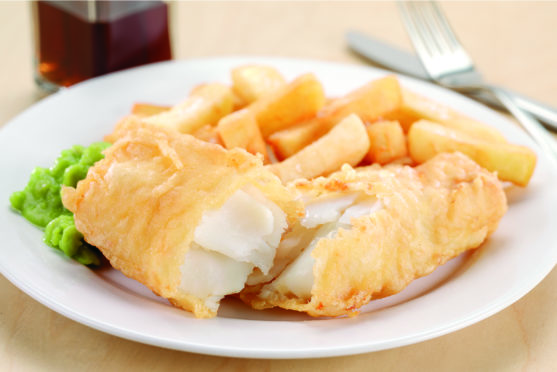I perfected the art of walking downstairs backwards while enjoying a flying visit to catch up with relatives in Birmingham.
I only know one other person who does anything like this and that is my 18-month-old grandson.
His technique is slightly different in that he does it on all fours – until the adults cotton on that he has gone AWOL, and is apprehended quickly.
It’s funny how stairs present different challenges at various stages in our lives.
I was trying to avoid the unwelcome possibility of falling to my death by tripping on my mother-in-law’s shiny new chair lift as I squeezed around it during our stay.
A steep narrow staircase is not a perfect fit for a bulky industrial contraption connected to an umblical cord in the shape of a thick pipe running from top to bottom.
At first it seemed to require a mountaineer’s mindset, Houdini escape skills and a bottle of baby oil to slip past the trickier sections
In the end, going down backwards was the best option.
It meant I could get to the chip shop on the corner quicker.
They were queuing outside and I tagged on the end. I watched in wonderment as huge portions pulsated along this human conveyor belt.
Four sweating stressed-out staff worked flat out. Customers were wobbling out laden with so much fish, chips and kebabs they resembled Deliveroo workers.
I eyed my motley bunch of fellow customers and by the look of them (some resembled the crew of The Black Pearl from Pirates of the Caribbean) I got the distinct impression there would be a riot if a man with a white coat and blood-pressure kit stepped between them and their deep-fried fix.
I ordered large, too, by the way.
In the pub afterwards it was packed. Raucous, good-natured and bursting with laughter which almost drowned out the karaoke. I said almost, sadly. A real community pub.
They all seemed to be heavy smokers and most were knocking back their total monthly drinks “allowance” in one night, by the look of it.
It was Friday, after all. But we went back in on Saturday and the same people were doing it all over again.
We face a barrage of health warnings from our UK government and parliament in Scotland these days, which are often met by a brick wall of anti-nanny-state apathy.
Chair lifts are a vital intervention to save thousands of old and infirm people the humiliation and despair of being trapped for hours on end, and improve their quality of life.
Other health interventions – such as telling us to change our ways or we are doomed – are more contentious.
The medical establishment has been calling for successive governments to abandon soft “nudge” techniques of gentle persuasion that we are eating, drinking and smoking ourselves to death – and warning that the only exercise we get is being carried into a coffin.
But smothering fag packets with images of rotting body parts and using something like the gold standard to set cigarettes prices do not seem to have stubbed out smoking.
It would be better to force teenagers at school to tour lung-cancer wards to put them off.
Doctors want to modify the traditional carrot-and-stick approach so that it becomes just stick.
I waded through a woolly British Medical Asssociation paper from a few years ago, which demanded zealously that ministers stop the rot by force – and curb individual freedoms of choice.
But the medics didn’t have a clue how to do it, of course – that was the politicians’ job.
The fact is that many of us couldn’t care less about the health warnings and it’s no surprise.
I stopped halfway through my second glass of wine the other night as I watched a news report about alcohol damaging the brain. Were the patients at risk breaching seemingly daft official advice that even a mouthful of wine a day is dangerous? Yes, but they were knocking back eight pints of lager and a bottle of vodka a day. Let’s keep things in perspective, please.
The medical establishment is up against something more powerful: human nature. Temptation and lack of willpower will always withstand the full force of well-meaning state nannyism.
I don’t see how freedom of choice can be state-controlled. We would no longer be free. Such a hardline policy seems vaguely Chinese, but even authoritarian China has the biggest smoking problem in the world.
Broadcaster Michael Buerk said a few days ago that we should let “weak, not sick” obese people get on with eating themselves to death, as they would not be a dementia-induced drain on the NHS in later life.
I suspect a lot of smokers and drinkers would happily count themselves in that camp, too.
But Buerk made another crucial point: “freedom to make bad choices is what personal autonomy and democracy is all about.”
Exasperating for the medical profession, of course – it must feel like walking downstairs backwards.
Perhaps some of us feckless lost causes have stared up the stairway to heaven and decided we don’t want a chair lift.
David Knight is the long-serving former deputy editor of the Press and Journal

